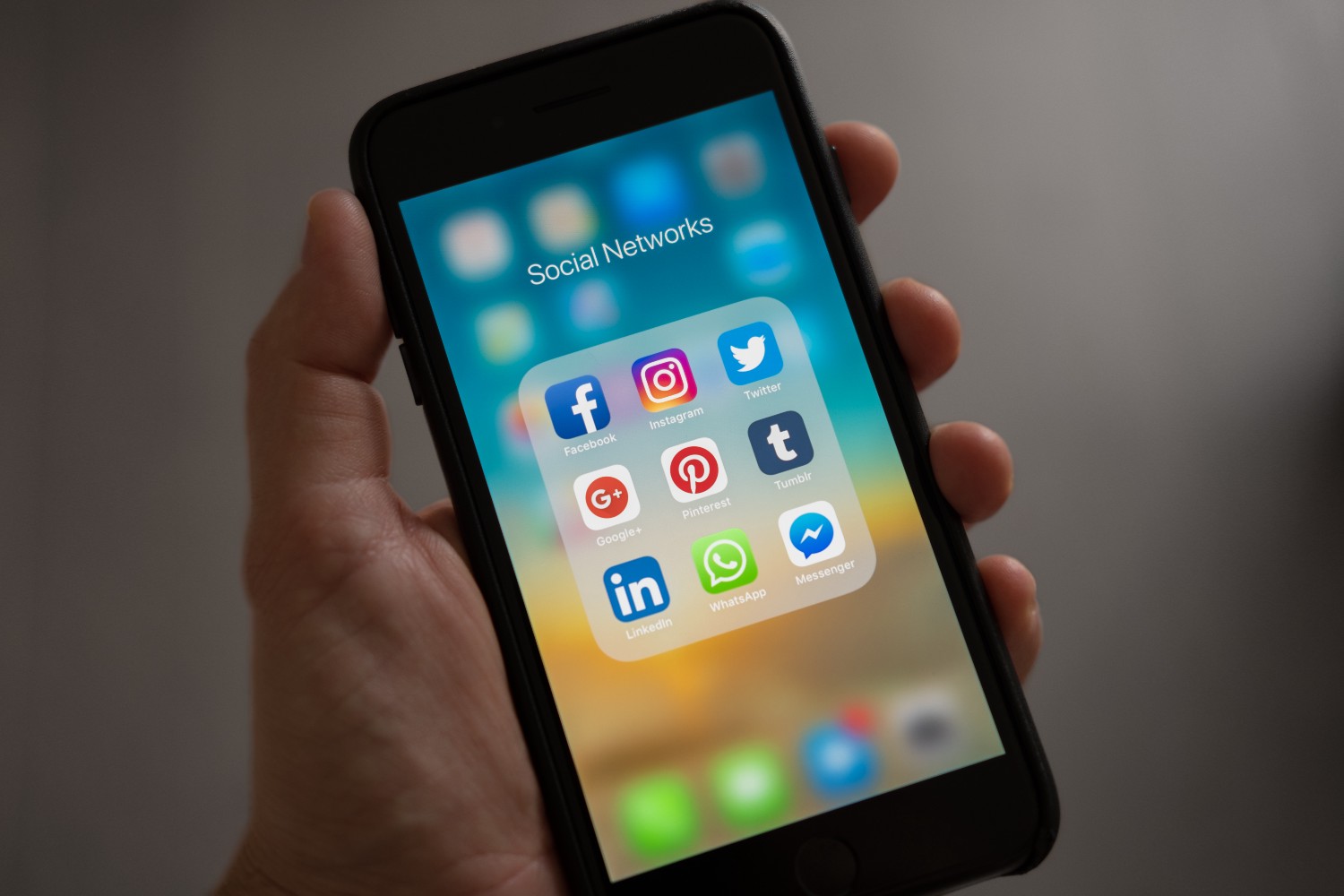“Todd, this was absolutely beautiful. Especially for millennials, my peers and myself included are obsessed with instant gratification. I believe that once we release ourselves from the fact that we need to be successful right now, we need to make millions right now, we need to live luxuriously right now, that is when we will find our passion and embark on a truly successful journey.”
This was a comment I left on a post by Todd Brison called “How to Become More Passionate About the Work You Do”. As a newbie writer, I’m doing this thing every morning in which I comment on 5 other writer’s articles, to promote their work, show appreciation for their work, and start to introduce them to my work. This exercise has been glorious for me! Relinquishing self-interest, focusing on building up other people, and providing meaningful comments for other people has opened up my thought process as well.
Then the unthinkable happened. After “clapping for” (that is what a “like” is on Medium) these people and commenting on their work, they clapped back, and I had a rush of adrenaline like I had back when I was playing soccer. Initially I was ecstatic, endorphins off the charts. But then I began to contemplate: Was I happy because of the applause, or was there something deeper? There had to be something deeper. There was obviously something deeper.
The social history of the “like”
It started on Facebook. “Carlos liked your photo.” Then it was Instagram. “Jen liked a photo you were tagged in.” Then it moved on to Groupme. “Greg liked your message in Pretty Chill Dudes.” Then iMessage came along and allowed you to start loving messages, laughing at them, emphasizing them, and God forbid, disliking them! Facebook allowed you to react rather than just like a photo or comment, so now zero words had to actually be exchanged for people to understand how you were feeling! Then dating apps began to work on the swipe system, again boosting endorphins when that almighty “Match” appeared on your screen.
All of these methods have good intentions, allowing users to look forward to other people’s admiration when they are tagged in a photo or post a status. It’s a boost of morale seeing that red number pop up in the corner of your app, or watching the notifications bombard your front screen. It is a temporary thrill and an adrenaline rush.
But that is the thing. It is only temporary. It is the instant gratification we all crave at its peak state. And the harmful part is, it is so easily accessible that we are starting to believe that this is how all of life works.
We want a promotion, we can get it now. We want good grades, we can get them now. We want success in life, f**k, I should be successful right now. We have forgotten the principles of hard work and longevity, and I believe it is because day in and day out we are teased by this instantaneous satisfaction on social media that we see from celebrities, public figures, our friends, and even ourselves. But how do we break away from this phenomenon when it is now such a tremendous part of the social norm?
You may not like this answer, but this is when we start to understand that we don’t need to be successful, we don’t need to live luxuriously, and we don’t need to make millions right this second. We need to experience, develop, and cherish our process without putting too much pressure on the end result. Or better yet, the timing of the end result.
Social media is a powerful, revolutionary, and for the most part wildly successful tool that fosters happiness and fulfillment. Continue to use social media. I know I will. But when we become too dependent on it, when our egos are filled with the desire for more hearts and claps, this is when it becomes destructive. Attaining those hearts and claps are fine, but this is not what we really want. This is when we need to dig deeper.
What was I digging for?
So like I mentioned, I started to dig deeper. I peeled away the layers of instant gratification, looked at the pictures I had posted, the comments I had received, the snap replays, and I started to think how all of it made me feel, and why it made me feel this way.
In the wise words of Augie Farks from Role Models, “I like the idea of it more than I actually like it.” The idea of the “like” was what I enjoyed.
This idea for me was receiving appreciation from others. Something I had said, something I had done, something I had related to made an impact on somebody else and got her or him to react. My quest for the like was a recognition that because of what I did, somebody else started to smile, laugh, think differently, act differently, and make a positive change. I want people to feel a different way after I do or say something than they did before, even if it is just for the briefest of moments. That was what I found when I dug past the tags, the likes, the emojis, and the claps.
What did you find?
Getting COMFY, specifically, is a 5-step morning routine to energize the body and soothe the mind.
Getting COMFY, more broadly, is a movement based on Getting COMFY waking up in the morning, Getting COMFY in your own skin, and Getting COMFY with the rest of your life.
Getting COMFY: Your Morning Guide to Daily Happiness, is a book available on Amazon that highlights these ideas.
Call to Action
Become a part of the community at: http://getting-comfy.com/
Originally published at medium.com


